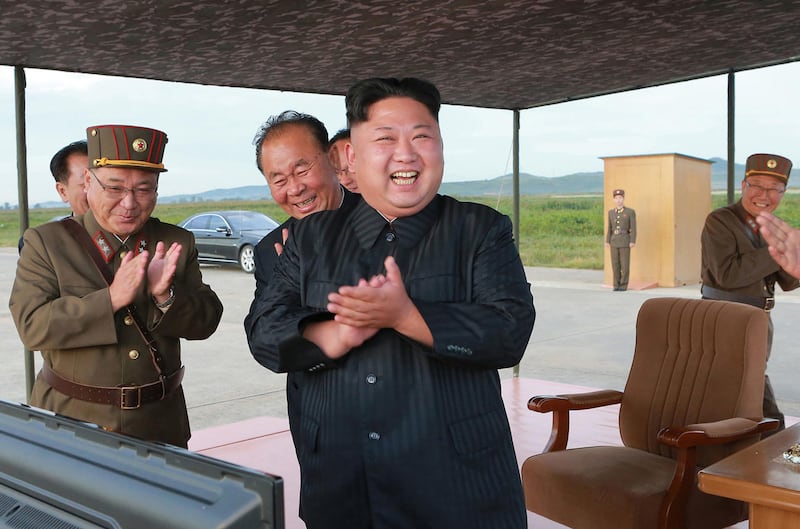As a 15 year old, I broke a big school rule: no gambling. Like most teenagers, I knew everything about everything and had no concept of danger nor of my responsibility to others. But I did know I was good at poker, which meant that even though I played with my friends only for pennies, I would usually emerge from a game with more money than when I started. Repeatedly winning while gambling creates a dangerous delusion of infallibility, especially in someone who is quite immature. I did not understand that I was risking much more than pennies.
When I was finally caught by a teacher, I was warned that I could be expelled, but of course, I did not listen. I calculated the odds of being caught gambling a second time and they seemed very slim. But then, I was caught again and the full force of the adult world hit me. My parents explained to me that what I had put at risk was not pennies and pocket money, but my entire future. Expulsion from school meant I would not be able to sit exams as I had planned and that I might not go to university, get qualifications and find the career I wanted. Luckily, my school teachers were strict, but also kind. The adult world hit me hard, but they gave me one final, final warning and a last, last chance. I decided to grow up and not break the rules again.
_____________________
Read more
[ Trump and South Korea's Moon pledge 'stronger pressure' on North Korea ]
[ What we know about North Korea's missile tests ]
[ UN unanimously backs new sanctions on North Korea ]
[ America looks for further UN sanctions against North Korea ]
_____________________
All this comes to mind when considering the gambling habits of another teenager, North Korea's Supreme Leader Kim Jong-un. He is 33 years old, yet Mr Kim's threats towards the United States, Japan and South Korea have all the cockiness of an adolescent who thinks that he cannot possibly lose and continues his gambling streak because he has yet to meet reality. The question is which reality.
One reality confronting North Korea's "supreme teenager" is that the US has beefed up its military presence not just in South Korea, but in the wider Pacific region, including Stealth bombers in Guam, and has the ability to rapidly execute using aircraft carrier battle groups. Whatever else might be damaged by an unthinkable war, the North Korean regime would be utterly destroyed. Barack Obama rightly saw the region as potentially the world's most dangerous flashpoint and engaged in a military and diplomatic "pivot" towards Asia. And despite all the boasting from Pyongyang about the supreme teenager's missiles, a second reality is that North Korea has constructed a rocket and nuclear weapons system that takes Mr Kim's country not into the 21st century but roughly where America and Russia were in the 1950s.
And here's another reality. After the September 2001 attacks on the United States by Al Qaeda, Dick Cheney, the former US vice president, coined what became known as the "One Per cent Doctrine." In a book of that name by Ron Suskind, Mr Cheney was quoted as saying that "if there's a one per cent chance that Pakistani scientists are helping Al Qaeda build or develop a nuclear weapon, we have to treat it as a certainty in terms of our response. It's not about our analysis, it's about our response."
Although my gambling days are long over, I would say the nuclear threat to the US and its allies posed by Mr Kim meets the one per cent thresh-hold. That means America has to "treat it as a certainty". Mr Trump suggested a "fire and fury" response, though Mr Kim appears unmoved.
This could be a terrible mistake. Mr Trump’s comments have been widely attacked, in part because they are seen as bluff and bluster. But his unpredictability may serve a purpose.
_____________________
More from Opinion
[ Beijing has the ability to persuade Kim Jong-un to mend his delinquent ways ]
[ Why the Chinese military’s rising clout troubles Xi Jinping ]
[ North Korea may be setting a precedent for other rogue nations ]
_____________________
During the Cold War, a more skilful president, Richard Nixon, wanted Russian leaders to think him unpredictable to make them more cautious about actions that might upset US interests. Mr Trump does not have to pretend to be unpredictable. His personality demands it. And while uncertainty may make no difference to Mr Kim, the Trump White House has unsettled China through talk of conflict and also of a trade war. Beijing is playing a long game, believing that the American Century is past and the Chinese Century may have begun. A war on the Korean Peninsula would disrupt the cautious Chinese strategy of incremental advancement and increasing influence.
So where does that leave us? China is the key to unlocking the North Korean problem and American unpredictability here may be useful if it encourages Beijing to act. The one per cent doctrine is not much talked about in Washington these days, but the calculations behind it have not changed. The best the Trump administration can do is to have a carrot-and-stick policy towards North Korea: the carrot is that they will not use the stick. The grown-ups and the Chinese need to be strict but forgiving. And the supreme teenager and other countries thinking of taking a nuclear gamble need to recognise that you may win for a long time, but in the end, you can lose everything.
Follow The National's Opinion section on Twitter





